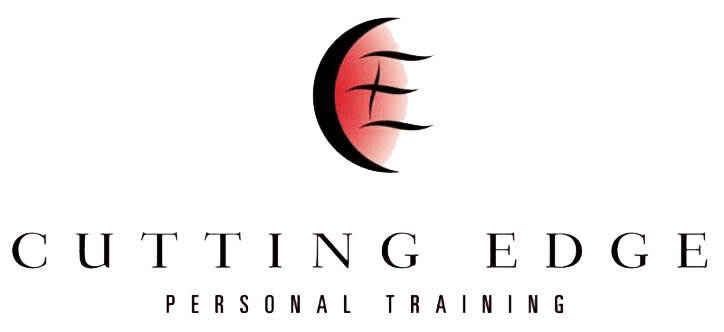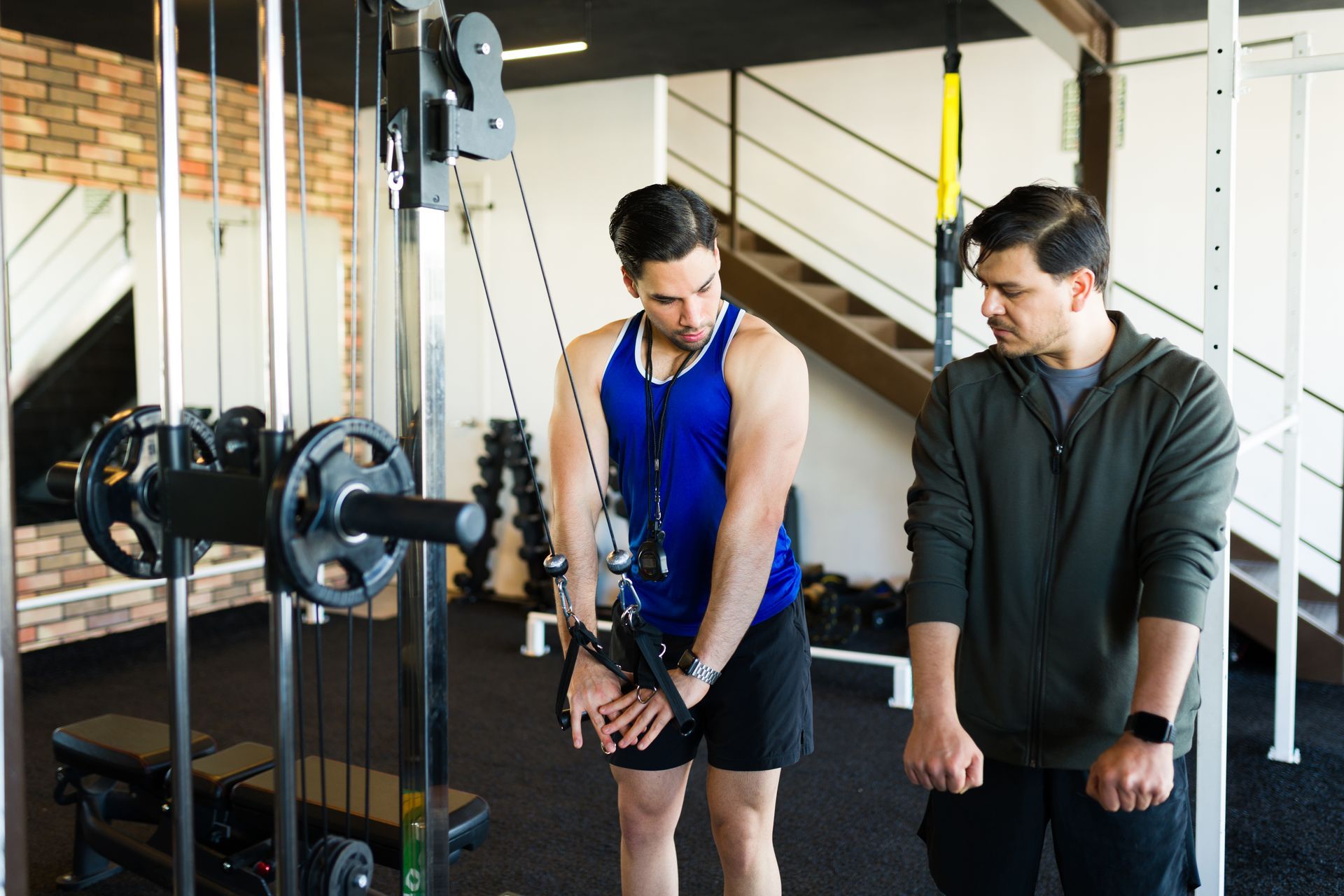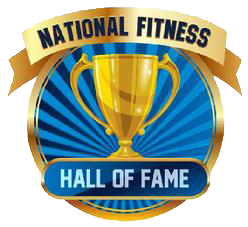March 1, 2024
Nashville Personal Trainer's Guide to Beating Sedentary Work
Prioritize Your Health and Fitness, Even at Your Desk
In the heart of Music City, Nashville, where the rhythm of life often meets the demands of desk-bound work, it's crucial to prioritize your health and fitness. As a seasoned personal trainer with over 29 years of experience, I'm here to guide you through the journey of combating a sedentary lifestyle, whether you're in Nashville or anywhere else in the world. Let's delve into actionable strategies that can help you stay active, fit, and healthy, even amid the demands of your desk job.
Understanding the Risks of Desk Work
Sitting at a desk for extended periods can take a toll on your body and mind. As a Nashville personal trainer, I've witnessed firsthand the most common complaints among desk workers: neck stiffness, chronic back pain, and shoulder discomfort. But it doesn't stop there; a sedentary lifestyle can also negatively affect your mood and stress management abilities, leading to a decline in overall well-being.
Recent comprehensive metanalysis by Ecklund et al. sheds light on an effective solution: engaging in 60-75 minutes of moderate-intensity exercise daily can neutralize the negative impacts of an 8-hour sedentary workday. This research provides a practical benchmark for desk workers aiming to incorporate daily exercise into their routines.
Active Workstation Strategies
Dynamic Workstations: In Music City, where creativity flows, why not introduce movement into your workday? Alternating between sitting and standing while working, perhaps with a standing desk or a convertible workstation, can make a significant difference. This simple change reduces strain on your back and neck and enhances circulation.
Treadmill Desks: If you're ready for an innovative approach, consider a treadmill desk. In Nashville, where innovation meets tradition, these desks allow you to walk at a gentle pace while working. This not only combats the physical drawbacks of sitting but also boosts mental alertness and productivity.
Regular Stretching and Movement Breaks: Music to your ears - incorporating stretching breaks every 30 minutes can be highly beneficial. Focus on hip flexors, quadriceps, and lower back stretches to relieve tension and stiffness. These breaks also provide mental refreshment, enhancing focus and productivity.
Smart Technology: In a tech-savvy city like Nashville, smartwatches can be your best friend. Set a 30-minute reminder on your device to ensure you stay active throughout the day. Smartwatches can detect inactivity and prompt you to move around, a handy feature to keep you on track.
Building a Holistic Exercise Routine
As a Nashville personal trainer, I emphasize the importance of a comprehensive exercise routine:
Resistance Training: Engage in resistance training two to three times per week to build muscle strength, improve posture, and counteract the effects of prolonged sitting.
Cardiovascular Workouts: Nashville's vibrant energy inspires you to keep your heart healthy. Activities like brisk walking, jogging, cycling, or swimming enhance heart health, boost endurance, and elevate energy levels. Incorporate interval training for time-efficient workouts.
Flexibility and Mobility Work: Music and movement go hand in hand. Include yoga or Pilates sessions in your routine to enhance flexibility, reduce injury risk, and improve joint mobility. These practices also offer stress reduction and mental relaxation.
The Power of Consistency and Personalization
Consistency is your key to success. Begin with manageable sessions and gradually increase intensity and duration to establish a sustainable exercise habit.
Personalization is equally crucial. Recognize your limits, set realistic goals, and adapt your routine as needed to prevent burnout and ensure continued engagement.
In Conclusion
In the heart of Nashville, where the pursuit of dreams meets the demands of work, adopting a holistic approach to fitness is your path to overcoming the effects of a sedentary lifestyle.
By integrating movement into your workday, developing a balanced exercise routine, and embracing smart technology for guidance and motivation, you can significantly enhance your physical and mental well-being.
It's all about finding harmony between your work commitments and health priorities. With dedication and the right strategies, conquering the challenges of a desk-bound lifestyle and maintaining optimal health is well within reach.
If you're in Nashville and seeking personalized guidance, I invite you to explore my personal training programs. If you’re not in Nashville, I invite you to explore my expert-led, online fitness coaching program. Wherever you are, together, we can achieve your fitness goals and celebrate your success. Join me on this journey to a healthier, more active life.





